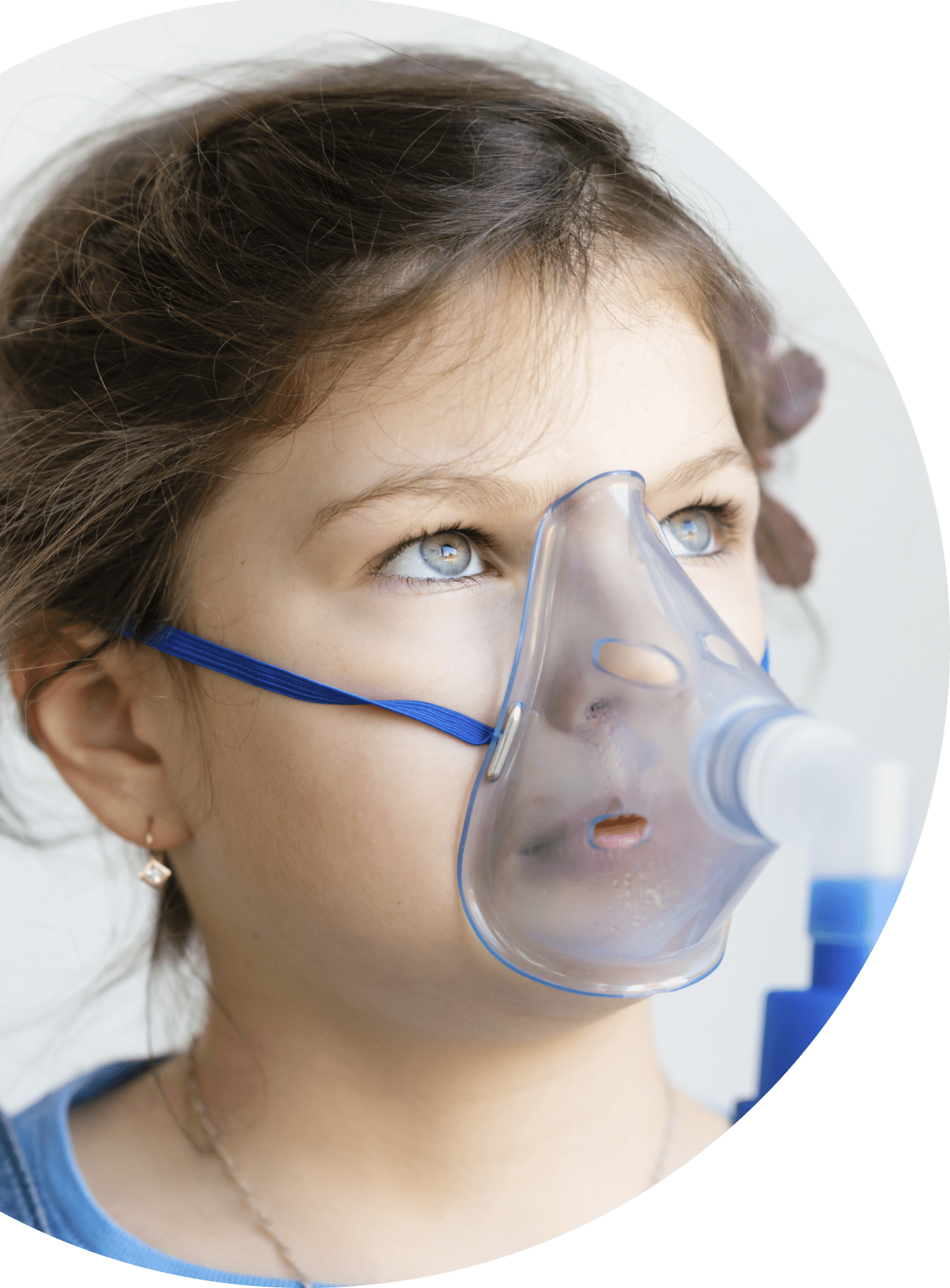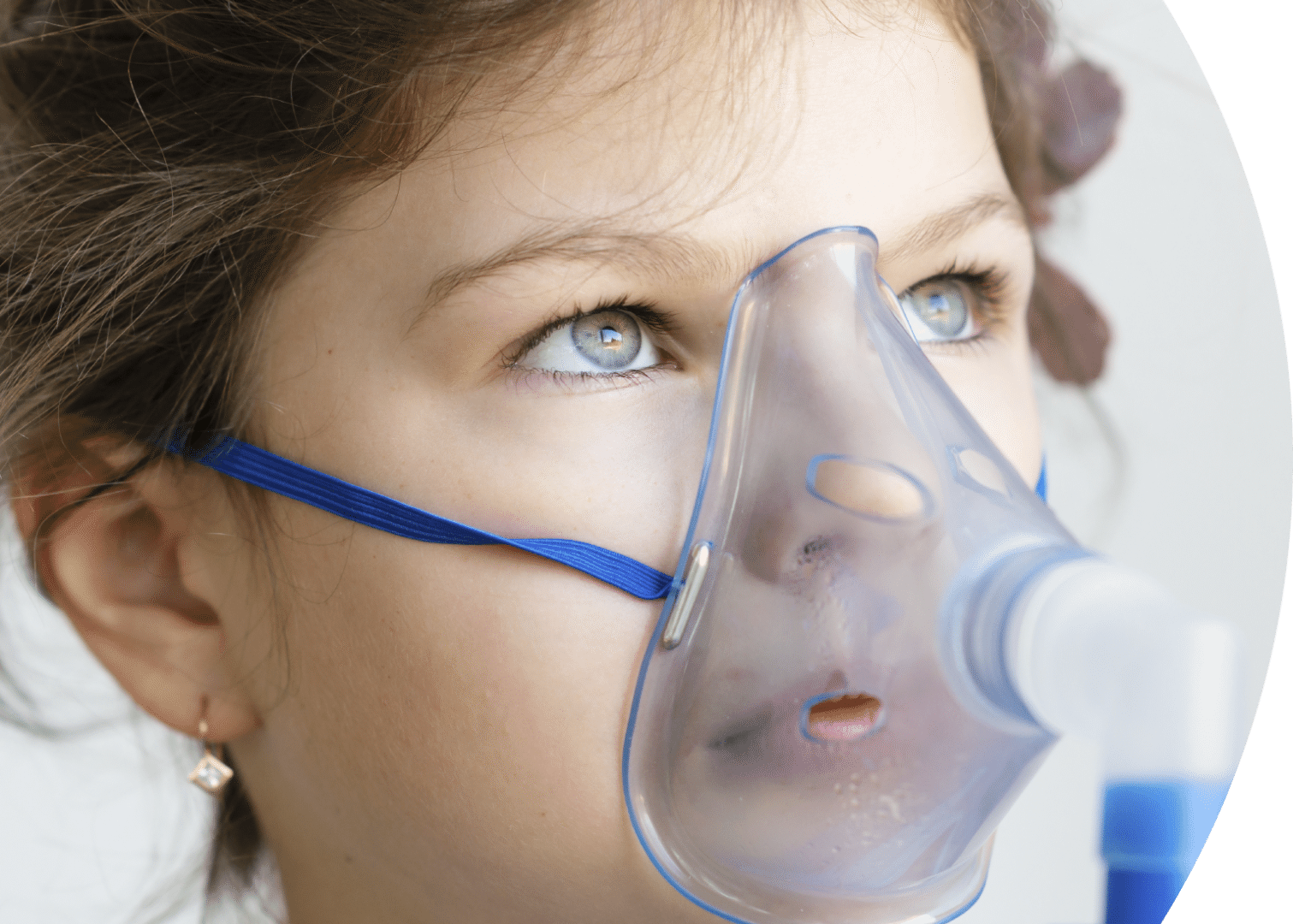Managing Asthma Will Bring You Peace of Mind

For parents, watching a child struggle to breathe can be terrifying. And with triggers seemingly everywhere, parents aiming to keep their asthmatic kids healthy can easily feel overwhelmed.
Triggers like air contaminants, allergens, foods, mold, stress, or physical activity can cause mild symptoms or lead to full blown asthma attacks.
Anna, a mother of an asthmatic five year old girl, worries about her daughter. “It seems like one minute she’s fine and the next she’s wheezing. Sometimes I feel like I’m doing everything right but she still gets sick. It’s a constant worry.”
Asthma is the most common chronic disease among children, affecting one in ten kids, and it’s the leading cause of emergency room visits. Fortunately, there are steps parents like Anna can take to keep her daughter healthy and prevent crises.
What is Asthma?
Carol, was hospitalized 18 times for asthma before she was five. She struggled in school due to frequent asthma-related absences. In her 20s, asthma attacks sent her to the emergency room multiple times. By the time she was in her thirties, she was determined to do whatever it took to manage her disease and avoid costly hospital visits.

Allergy tests confirmed a long list of triggers—animal dander, dust mites, pollen, mold, smoke, cold air, physical exertion–but they weren’t equally dangerous.
So she kept a journal noting the triggers she was exposed to, and how serious her symptoms were. Because her asthma was considered severe, monitoring and noting her “peak flow” using a peak flow meter became part of her daily routine.
Working with her doctor Carol created an Action/Management plan so she would know when she needed to step up her medications or see her doctor. Since she began using the Action Plan, Carol hasn’t had a single emergency room visit or hospitalization.
If you or your child has asthma, an Action Plan can help you manage the disease and prevent crises.
It includes a record of daily treatment, such as what kinds of medicines to take and when to take them. It helps you know when symptoms are getting out of hand, and how to handle worsening symptoms or attacks. And it lets you know when it’s time to go to the doctor or the emergency room.
It can provide critical information to all the people who care for your child—family members, babysitters, schools, daycare centers– so they’ll know how to help care for your child.
The best way to handle crises with a chronic disease like asthma is to prevent them in the first place.
If you’d like to create an Action Plan for yourself or your child, come see your Adelante Healthcare provider. Call 480-964-2273 for an appointment today.
